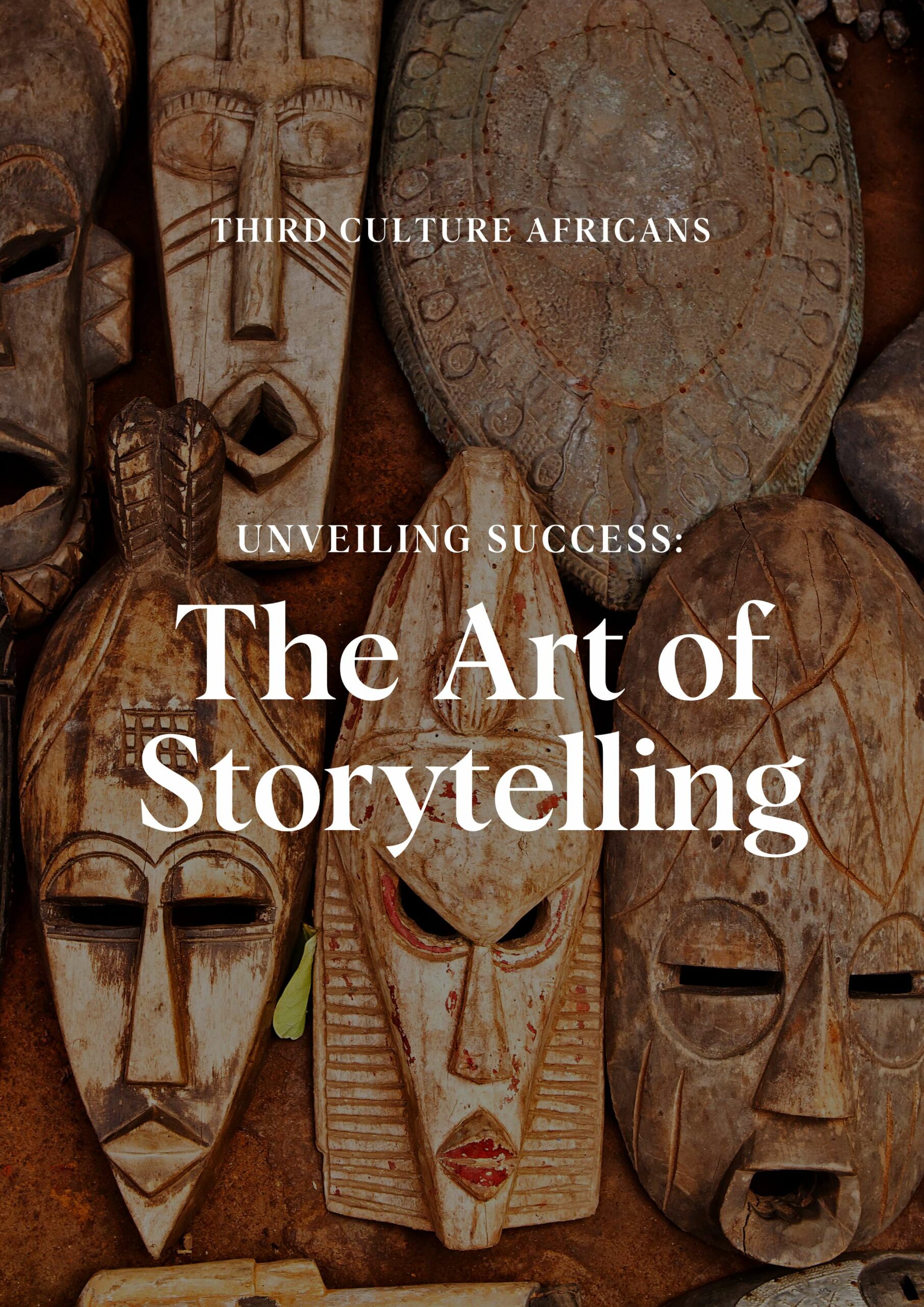In an ever-evolving world, the ability to embrace change is a crucial component of personal development and self-discovery. Individuals often find themselves at crossroads, where the prospect of transformation can evoke both excitement and apprehension.
This article explores the profound relationship between self-discovery and personal growth, highlighting how the journey of understanding oneself can serve as a catalyst for embracing life’s inevitable changes. Through introspection and reflection, individuals can unlock their potential, confront their fears, and cultivate resilience in the face of adversity.
By examining the psychological frameworks that underpin self-discovery, alongside practical strategies for navigating change, this piece aims to illuminate the pathways through which individuals can enhance their personal and professional lives.
As they embark on this journey, readers will be encouraged to recognize change not as a threat, but as an opportunity for reinvention and enrichment. Ultimately, embracing change becomes a transformative process, leading to greater self-awareness and a deeper appreciation for one’s unique journey.
Through this lens, the article will reveal how intentional self-discovery can empower individuals to thrive amidst change, fostering a mindset that is adaptable, forward-thinking, and resilient in the pursuit of personal growth.
Understanding the importance of self-discovery in personal growth journeys.
Self-discovery serves as a foundational element in the process of personal growth, enabling individuals to gain deeper insights into their values, beliefs, and motivations. By engaging in reflective practices and introspection, one can identify strengths and weaknesses, allowing for a clearer understanding of personal goals and aspirations.
This heightened self-awareness fosters resilience and adaptability, providing the tools necessary to navigate life’s challenges and transitions effectively.
Moreover, self-discovery can lead to a more authentic existence, as individuals begin to align their actions with their true selves rather than conforming to societal expectations. This authenticity cultivates a sense of fulfillment and purpose, motivating individuals to pursue paths that resonate with their core identity.
As they embark on this journey, the process of self-discovery not only enhances personal relationships but also encourages continuous learning and growth, paving the way for a more enriched and meaningful life.
As individuals navigate these transitions, they often find that embracing the lessons learned during these key moments not only enhances their personal growth but also deepens their connection to their authentic selves, ultimately fostering a more enriching and purposeful life.
Identifying key moments that prompt transformative change.
Identifying key moments often emerge as pivotal points in an individual’s journey towards transformation. These moments can take various forms, such as a significant life event, an unexpected challenge, or an opportunity for growth.
By recognizing and reflecting upon these instances, individuals can harness the insights gained to initiate meaningful change. It is through this recognition that they may uncover patterns in their behavior and choices, leading to a greater understanding of how past experiences shape present realities.
When individuals acknowledge these transformative moments, they often experience a shift in perspective that compels them to reassess their priorities and aspirations. This recalibration can prompt decisive action, such as pursuing new goals or altering existing habits that no longer serve their evolving selves.
As individuals navigate these transitions, they often find that embracing the lessons learned during these key moments not only enhances their personal growth but also deepens their connection to their authentic selves, ultimately fostering a more enriching and purposeful life.
Exploring how self-reflection facilitates deeper understanding of oneself.
Self-reflection facilitates the understanding of the process of self-discovery but also fosters a profound understanding of their intrinsic motivations and values. Through self-reflection, individuals engage in a dialogue with their inner selves, examining their thoughts, feelings, and behaviors in a structured manner.
This introspective practice encourages individuals to confront uncomfortable truths, leading to greater emotional intelligence and resilience. By meticulously analyzing their reactions to various situations, they can identify underlying beliefs and assumptions that may have previously gone unexamined.
Moreover, self-reflection serves as a catalyst for recognizing personal strengths and areas for improvement. As individuals delve into their past experiences, they gain clarity on the skills and attributes that contribute to their success, as well as the challenges that may hinder their growth.
This heightened awareness not only empowers individuals to make informed decisions about their future but also instills a sense of agency in their personal development. Ultimately, the act of self-reflection not only cultivates a deeper self-awareness but also lays the groundwork for a more authentic and fulfilling life journey.
Check out this episode!
Recognizing the role of adaptability in personal development strategies.
Adaptability emerges as a crucial element in the landscape of personal development strategies, enabling individuals to navigate the complexities of their evolving environments. As individuals encounter new challenges and opportunities, their ability to adjust their approaches and mindsets becomes essential for sustained growth.
By cultivating flexibility, individuals can better respond to the dynamic nature of their personal and professional lives, transforming potential obstacles into pathways for advancement. This adaptability not only enhances problem-solving capabilities but also fosters a mindset conducive to lifelong learning, allowing individuals to embrace uncertainty with confidence.
Moreover, recognizing the importance of adaptability encourages individuals to view setbacks not as failures, but as integral components of their developmental journey. This perspective shift promotes resilience, enabling individuals to rebound from difficulties with renewed vigor and insight.
As they learn to pivot in response to shifting circumstances, they build a robust toolkit of strategies and experiences that enrich their personal narratives. Ultimately, adaptability serves as a cornerstone for crafting personalized development pathways, empowering individuals to forge ahead with purpose and clarity amid an ever-changing landscape.
Assessing the impact of resilience on embracing life’s challenges.
Resilience plays a pivotal role in how individuals confront and surmount life’s challenges, influencing their overall well-being and capacity for personal growth. Those who cultivate resilience are often more equipped to face adversity, viewing challenges as opportunities for learning rather than insurmountable barriers.
This intrinsic strength not only aids in weathering difficult situations but also fosters a proactive approach to problem-solving, allowing individuals to engage with their circumstances in a constructive manner. The ability to bounce back from setbacks instills a sense of agency, empowering individuals to take ownership of their experiences and reactions.
In addition, resilience encourages a deeper understanding of one’s emotions and responses during times of stress. As individuals face and navigate through hardship, they develop greater emotional intelligence, which in turn enhances their ability to connect with others.
This interconnectedness cultivates supportive relationships that can further bolster resilience, creating a positive feedback loop. Ultimately, the impact of resilience is significant; it transforms challenges into catalysts for growth, enabling individuals to embrace life’s complexities with optimism and determination.
Learning from failures to fuel future growth opportunities.
The process of reflecting on failures serves as a critical stepping stone for individuals seeking to unlock new avenues for growth. By analyzing what went wrong and understanding the underlying factors that contributed to setbacks, individuals can identify patterns and gain valuable insights that inform future actions.
This reflective practice not only mitigates the fear of failure but also fosters a mindset oriented towards continuous improvement. As they acknowledge mistakes as learning opportunities, individuals become more adaptive and innovative, better equipped to navigate complexities in both personal and professional realms.
Moreover, the lessons derived from failures often spark creativity and encourage risk-taking, essential components for achieving breakthrough moments. When individuals embrace their missteps rather than shy away from them, they cultivate an environment where experimentation can thrive.
Such an approach instills a sense of confidence, allowing individuals to explore uncharted territories and pursue goals with renewed vigor. Ultimately, the capacity to transform failures into stepping stones not only enhances personal development but also fortifies resilience, paving the way for a more fulfilling and purpose-driven life.
Check out some useful steps here.
Building a support system to encourage self-discovery efforts.
Support systems play a pivotal role in facilitating self-discovery by providing individuals with a network of encouragement and accountability. Engaging with mentors, peers, or professional coaches can significantly enhance the exploration of personal values, beliefs, and aspirations.
These relationships offer diverse perspectives, enabling individuals to challenge their assumptions and broaden their understanding of themselves. Such dialogues not only foster deeper insights but also create a safe space for vulnerability, where individuals can share their uncertainties and aspirations without fear of judgment.
In addition to emotional support, structured feedback from a support system can illuminate blind spots that individuals might overlook in their self-exploration journeys. By actively participating in discussions and receiving constructive criticism, individuals are empowered to refine their goals and adjust their strategies accordingly.
This collaborative approach enriches the self-discovery process, reinforcing the idea that personal growth is not a solitary endeavor but rather a shared journey, where collective experiences and insights accelerate individual transformation.
Celebrating milestones as essential markers of progress.
Recognizing and celebrating milestones can significantly enhance an individual’s journey of self-discovery and personal growth. These milestones serve as tangible evidence of progress, allowing individuals to reflect on their achievements and the effort invested in their development.
Each milestone, whether big or small, acts as a marker that reinforces motivation and commitment, reminding individuals of how far they have come. Celebrating these moments fosters a sense of accomplishment and encourages a forward-looking perspective, enabling individuals to set new goals with renewed vigor.
Moreover, acknowledging milestones reinforces positive behavior and can lead to enhanced self-esteem. When individuals take the time to celebrate their successes, they cultivate a habit of recognition that can counterbalance setbacks and challenges encountered along the way.
This practice not only solidifies the lessons learned but also instills resilience, empowering individuals to navigate future obstacles with confidence. By framing their journey through the lens of milestones, they are better equipped to appreciate the continuous nature of growth and the ongoing process of self-discovery.
In conclusion, embracing change is a pivotal element of personal growth, as self-discovery serves as a guiding force throughout this transformative journey. As individuals navigate the complexities of their lives, they often find that understanding their true selves empowers them to adapt to new circumstances and challenges.
This process of self-exploration not only fosters resilience but also cultivates a deeper appreciation for one’s values and aspirations. Ultimately, by recognizing the significance of change and actively engaging in self-discovery, individuals can unlock their full potential, paving the way for both personal and professional advancement.


